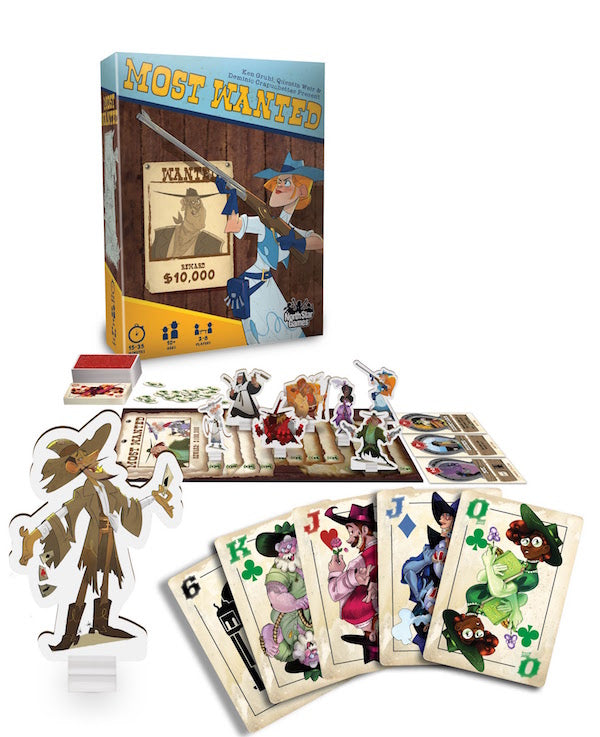
It’s said there are no new ideas. That’s mostly true. However:

New ideas do happen. But usually in the same way species become other species: in small steps and by recombination, which can make their novelty hard to appreciate. How is it that you can mush two old things together and thereby make something new? There’s a strange, alchemical magic in it.
A lot of board games are invented this way, and though it doesn’t always make magic, when it does, it’s glorious. One of our favorite examples is the game King of Tokyo, a popular game designed by Richard Garfield, the same guy who designed the even more popular game Magic: The Gathering.

The core of King of Tokyo is the same as the core of that ancient stalwart, Yahtzee: you roll dice, and then you can reroll some or all of those dice twice to try to achieve better results.

holy hell it's old
But there’s a key difference:
- In Yahtzee, you roll dice to make sets of numbers.
- In King of Tokyo, you roll dice to take actions to help a Monster wreck Tokyo and slay other monsters.
From one point of view, there are no new ideas in King of Tokyo: it wasn’t the first (or second, or third) game using Yahtzee-style dice rolling, and it wasn’t the first (or second, or third) game about monsters wrecking a city.

let’s not forget this beauty from 1979
And yet, when you play King of Tokyo, it doesn’t feel like that. You feel you’re playing something all its own. It’s a delightful new thing made of old things. The designer saw there was something special about Yahtzee’s dice rolling, and about city-crushing monsters, and that their combination could be even more special. So he replaced the mathy objectives of Yahtzee with thematic monstery objectives, and a zippy new classic was born.
We like that. We want to do something like that.
Announcing Most Wanted
So we are. At GenCon 2017 a pair of our favorite game designers, Ken Gruhl and Quentin Weir were pitching us games, and one caught our eye. It was called Most Wanted.
It was Poker-like, except instead of playing hands to win bets, you play (simplified) hands to rob trains, win showdowns, and swindle your way to infamy in an Old West border town. It was fast (very fast) and it made us feel like we were drunkenly slinging cards in a ruinous late-night saloon game 150 years ago.
We adored it. Like King of Tokyo, Most Wanted showcases the core charm of a classic game - Poker in this case - by pairing it with a perfectly matched, classic theme: the Old West. And like King of Tokyo, it creates an experience both easy and fast. It’s an exquisite what-the-hell-let’s-play-a-game game.

it even has big cardboard standups (featuring not-so-standup characters)
So now we’re publishing it. We just sent the final design to the manufacturer. It’ll go on sale starting at GenCon 2018 and we're as happy as weasels in a henhouse.
We’ll be playing a TON of it at Gen Con. We’re telling you now, months in advance, because we want to be on your dance card. Please join us, so we can find out who wears the big hat.
Until then, remember: a pair of six-shooters beats a pair of aces, and never squat with your spurs on.
- Sign up to our email list here to be alerted when Most Wanted hits stores.
- Sign up here to be alerted to future blog posts about Most Wanted, our other games, and periodic pedantic ponderings about how to create fun in games and life.

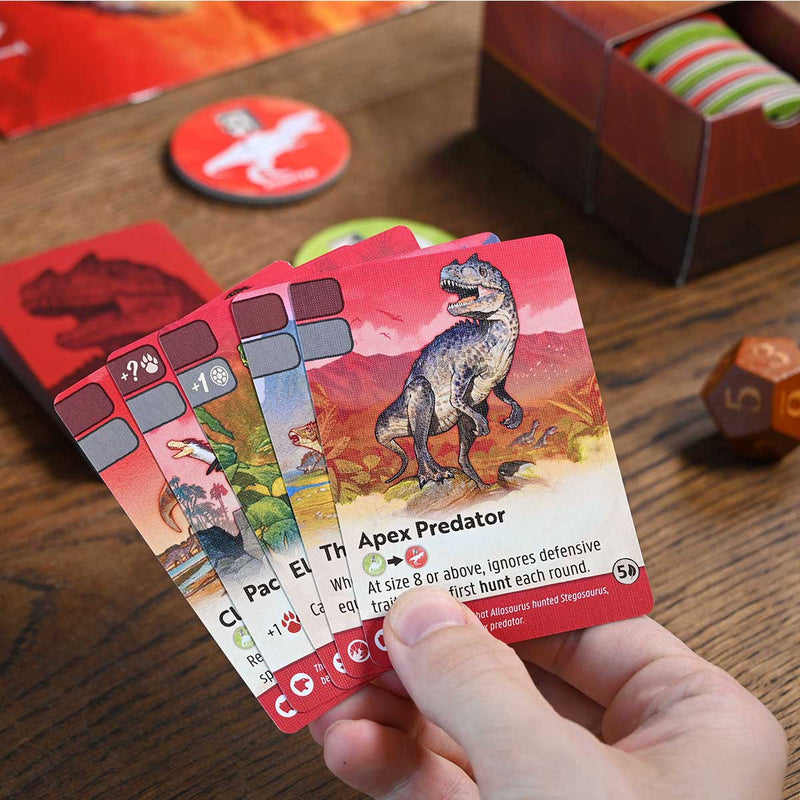
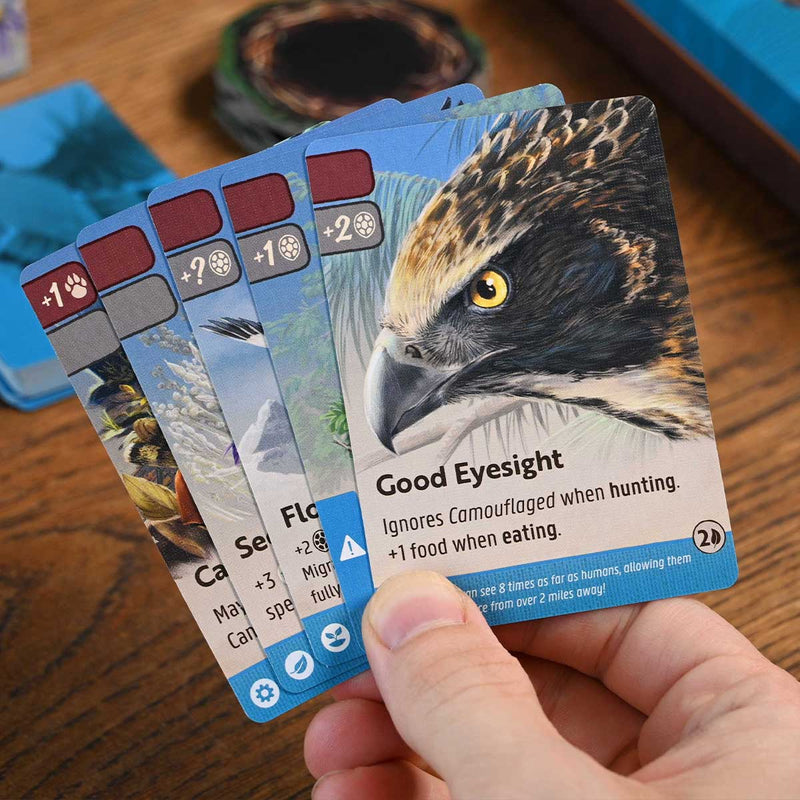
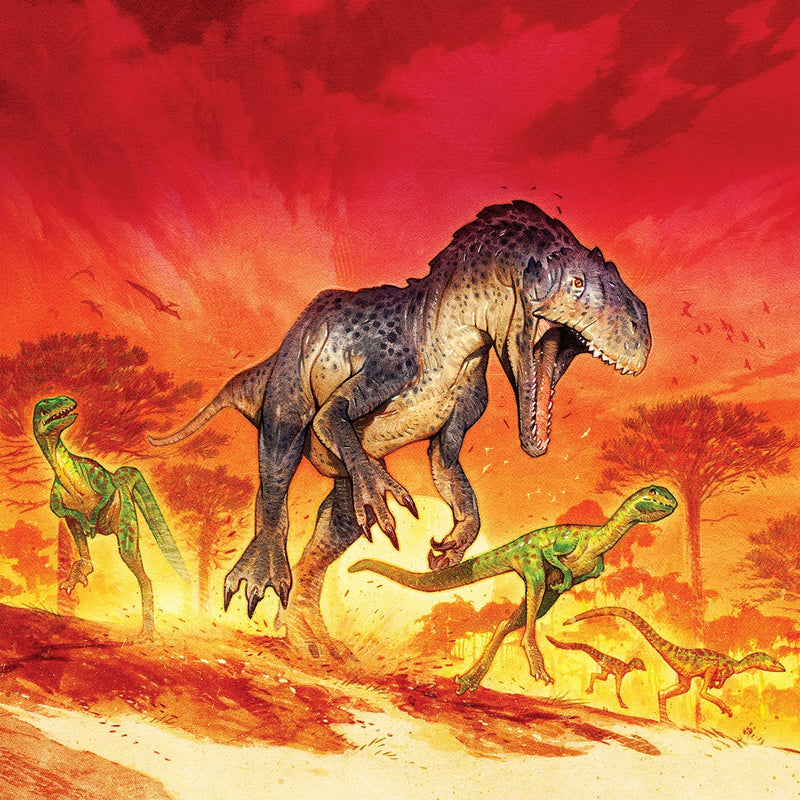
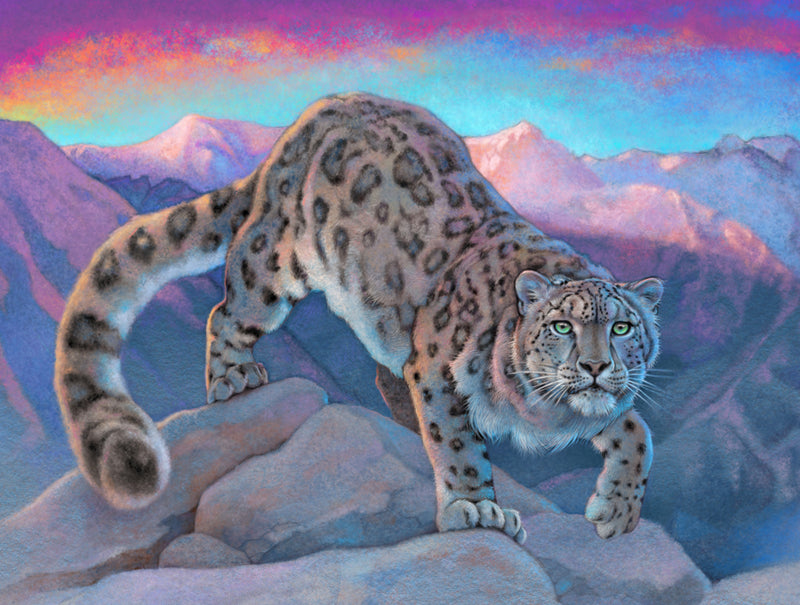
I’m sure that this game is terrific, and I hope it does well. However, Yahtzee is a licensed, copyrighted descendant of the public domain game Yacht, and when you use Yahtzee as your analogue for the ancient, public domain game of Poker, you really are doing Yacht a disservice. Let’s just blame Richard Garfield, since it’s really exactly the sort of crime for which he’s already notorious. I mean, if I can’t use the term “tapping” outside of Magic: The Gathering, I don’t feel that he should benefit in any way from the popularity of a copyrighted game name. I mean, I won’t argue if you wanted to say that this game does for Poker what The Great Dalmuti did for Daifugō, but please don’t say that this game does for Poker what Dilbert: Corporate Shuffle did for The Great Dalmuti.